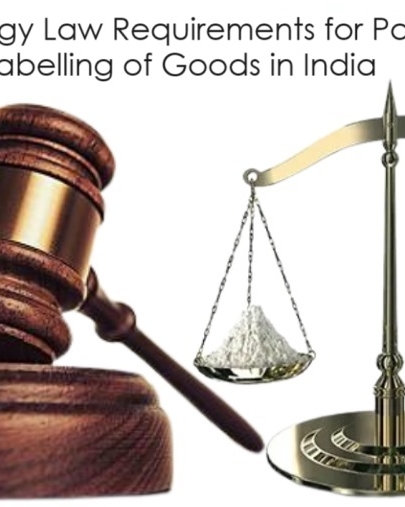Navigating the legal aspects of inheritance in the absence of a will
Author: Overseas Indian Desk, at ZEUS Law
In situations where the deceased has passed away intestate, i.e., without a will, a Succession Certificate or a Legal Heir Certificate plays a crucial role. It becomes the primary instrument through which heirs can assert their claim to the deceased’s movable and immovable assets, and other benefits.
Succession Certificate
In the legal landscape of India, a Succession Certificate, as provided under the Indian Succession Act, 1925, (“the Act”) is of immense significance. The document confers authority upon its possessor to act on behalf of the deceased, specifically in matters of debt collection and handling securities attributed to the deceased individual.
This is a very versatile document that facilitates various transactions, including transferring utilities, such as transferring Electricity connection, Telephone connection/Patta transfer, House Tax, Bank Account, Filing of IT Returns, etc., and handling financial matters like taxes and bank accounts. It serves as a legal tool for heirs to navigate the complexities associated with the aftermath of a person’s demise.
Procedure for Acquiring a Succession Certificate
To get a Succession Certificate, a petition under Section 372 of the Act must be submitted to the District Judge within whose jurisdiction the deceased ordinarily resided at the time of his / her death or where any part of their property is located. All the information regarding the person’s death date, location, family members, and place of residence should be included in the petition. The contents of the Certificate specify debts and securities outlined in the Application for the Certificate, empowering the Certificate holder to receive interest or dividends, or to negotiate or transfer, or do both, with respect to the securities or any of them.
Legal Heir Certificate
In the aftermath of the demise of a family member, obtaining a Legal Heir Certificate emerges as an important process for establishing the relationship between the deceased individual and their legal heirs. If the deceased person is a Government servant then the Legal Heir Certificate is issued for approval of family pension, or to get appointments on concerned grounds. A Legal Heir Certificate is also provided for transfer of property – movable and immovable assets.
Procedure for Acquiring a Legal Heir Certificate
The initiation of the process for obtaining a Legal Heir Certificate is contingent upon procuring the death certificate from the municipality or corporation, serving as a foundational document in this legal process. The Applicant can access the requisite form on the dedicated e-portal of their respective district, where, upon completion, it is crucial to attach the necessary documents, including the death certificate. The fees are also properly mentioned online during the submission process, culminating in the downloadable certificate from the e-portal upon its issuance.
The Legal Heir Certificate can be sought by the spouse of the deceased, children of the deceased, and parents of the deceased. The verification process involves approaching the Corporation/Municipality Office in the respective area after submission of Application on the e-portal. An affidavit or self-declaration, along with an administrative inspection, completes the process, culminating in the issuance of the Legal Heir Certificate.
The difference between a Succession Certificate and Legal Heir Certificate
- Purpose: The Succession Certificate is made to facilitate financial matters such as transfer or possession of property or, for paying debts or security or for collecting debts or security on behalf of the deceased person whereas the Legal Heir Certificate is mainly concerned with matters of other claims of heirs such as gratuity, pension, insurance, provident fund, retirement claims, etc.
- Governing Laws: The Succession Certificate is governed by the Indian Succession Act, 1925, whereas the Legal Heir Certificate is not governed by any specific act. It falls under the jurisdiction of state-specific laws and local authorities.
- Issuing Authority: Legal Heir Certificate is issued by the Tahsildar of the District while the Court is the issuing authority for Succession Certificates.
- Eligibility for Application: A Succession Certificate can be applied for by the legal heir(s), whereas, a Legal Heir Certificate can be applied only by the deceased’s son, daughter, spouse, or parents.
- Documents required: Obtaining a Succession Certificate involves showing essential documents such as the death certificate, details of legal heirs, and their relationship with the deceased. In contrast, a Legal Heir Certificate requires original death certificate, identity cards, ration cards, and an affidavit valued at ₹ 20 stamp paper.
- Time Frame: The process of obtaining a Succession Certificate consists of a 45-day newspaper notice issued by the Court, allowing for potential objections. In the absence of objections, the court proceeds to issue the certificate, with the overall timeframe spanning between 5-7 months. Comparatively, a Legal Heir Certificate can be obtained within a much quicker timeframe of 15 to 30 days.
****
Thank you for reading! We hope you find the newsletter informative and insightful. For any queries, concerns or assistance, please feel free to reach out to us at [email protected]























